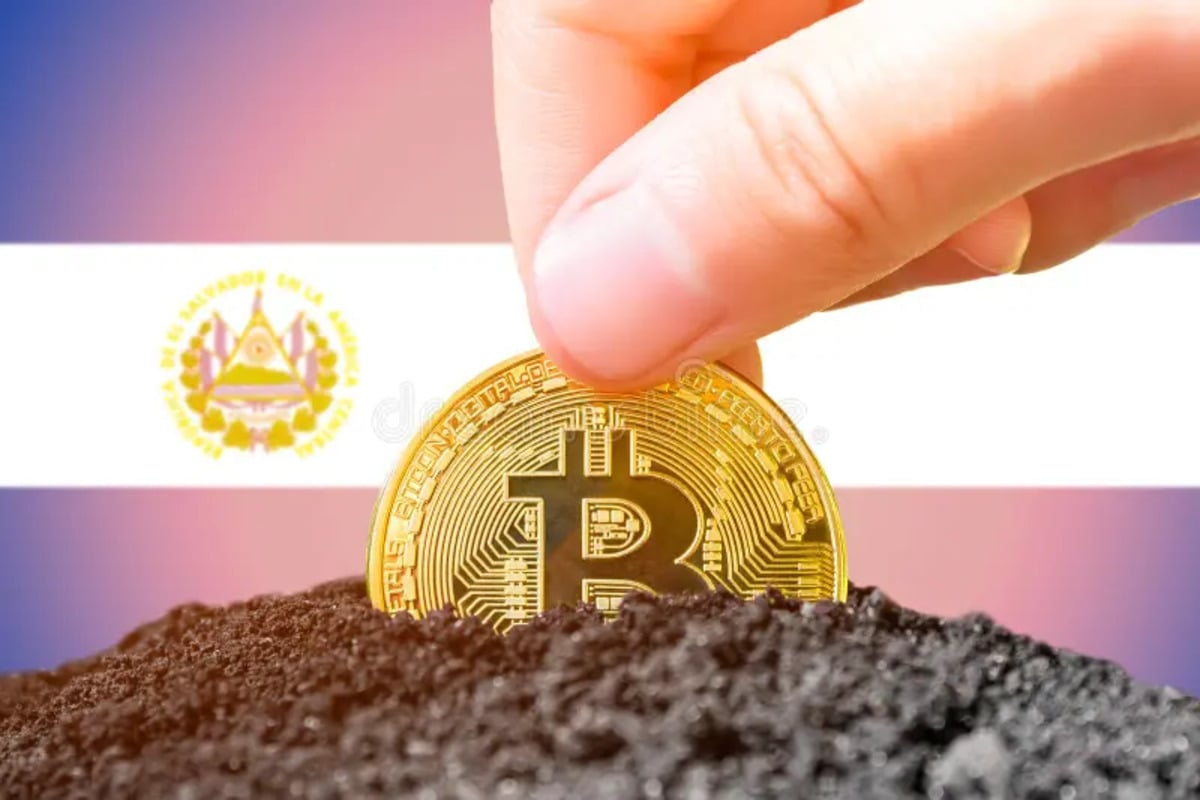ARTICLE AD BOX

Solana isn’t just competing with Ethereum – it’s gunning for the crown.
Ethereum still wrestles with scalability and gas fees, but Solana already delivers what users and developers crave with its fast transaction speeds, low fees, and an expanding ecosystem of developers.
But the real question is—can Solana continue this pace and achieve the $700 mark?
On the other hand, projects like PlutoChain ($PLUTO) could get major traction in the next few weeks as well.
With potentially cutting-edge features and a chance to upgrade BTC’s network, $PLUTO might be worth keeping an eye on.
Let’s check out what’s happening.
Can Solana Surpass Ethereum and Hit a $700 Milestone?
Solana (SOL) has momentum right now, recently outperforming Ethereum in several key metrics. According to CoinGecko, SOL’s current price is $217.97.
Investors highlight the formation of a golden cross pattern – a bullish indicator where the 50-day moving average crosses above the 200-day moving average.
Additionally, the coin has broken out of its descending trendline, with a resistance level set around $274 and a mid-term target of $354.
The RSI (Relative Strength Index) suggests the asset is nearing overbought territory, so there could be a possible short-term correction before further upward momentum.
The network recently surpassed Ethereum even in monthly decentralized exchange (DEX) trading volume, processing $52 billion versus Ethereum’s $42 billion.
Veteran traders like Peter Brandt foresee a near-term target of $274, with AI-driven projections estimating SOL could rise to $354–$400 under a bullish market scenario. Reaching $700, however, would likely require a prolonged crypto rally, increased adoption, and further technological advancements.
While Solana is making strides, it remains to be seen whether it can fully rival Ethereum regarding ecosystem size and utility. Its path to $700 hinges on market sentiment, technological reliability, and sustained institutional interest.
Could PlutoChain Be the Game-Changing Upgrade for Bitcoin’s Network?
PlutoChain ($PLUTO) might enhance the Bitcoin blockchain with a Layer-2 solution that could enable support for smart contracts and decentralized applications.
Historically, Bitcoin’s 10-minute block time has made it impractical to host complex applications, leaving networks like Ethereum, Solana, and Cardano to dominate this space with their faster speeds and greater flexibility.
What could set PlutoChain apart is its ability to reduce block times to just 2 seconds on its own Layer-2 network.
This dramatic improvement could open the door for developers to create dApps that benefit from Bitcoin’s security while enjoying the efficiency and responsiveness of a modern blockchain environment.
Top PlutoChain Features and Functions You Should Know About
PlutoChain introduces a range of robust tools and features that could redefine Bitcoin’s functionality.
Its testnet has already handled over 43,000 transactions daily, hinting at its potential scalability and readiness for real-world applications.
There’s also active community governance, which could ensure users have a say in protocol updates and the network’s overall direction.
To bolster trust, PlutoChain has successfully undergone 3 independent audits by firms like SolidProof, QuillAudits, and Assure DeFi.
Additionally, its compatibility with the Ethereum Virtual Machine (EVM) could bridge the gap between Ethereum’s versatility and Bitcoin’s security.
This could open doors for DeFi, NFTs, and AI applications which may expand into the Bitcoin ecosystem seamlessly.
To Conclude
Bitcoin has always been recognized as a secure store of value, but it hasn’t been a go-to platform for building decentralized applications.
PlutoChain may just change that by enabling smart contract functionality directly on Bitcoin’s blockchain.
This could unlock new possibilities for developers to create decentralized finance (DeFi) protocols, NFT marketplaces, and other dApps, all while leveraging Bitcoin’s security.
———————
Disclaimer: It’s important to note that participating in presales carries risks, including market volatility and potential project delays. Please conduct thorough research, understand the risks of market volatility, and seek professional advice before engaging with any blockchain project. Future-oriented statements are speculative and may not be modified.
.png)
 2 hours ago
4
2 hours ago
4








 English (US)
English (US)